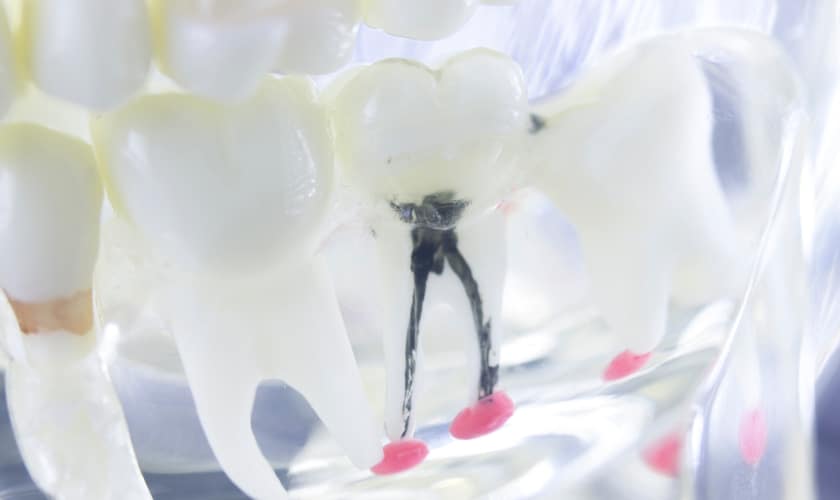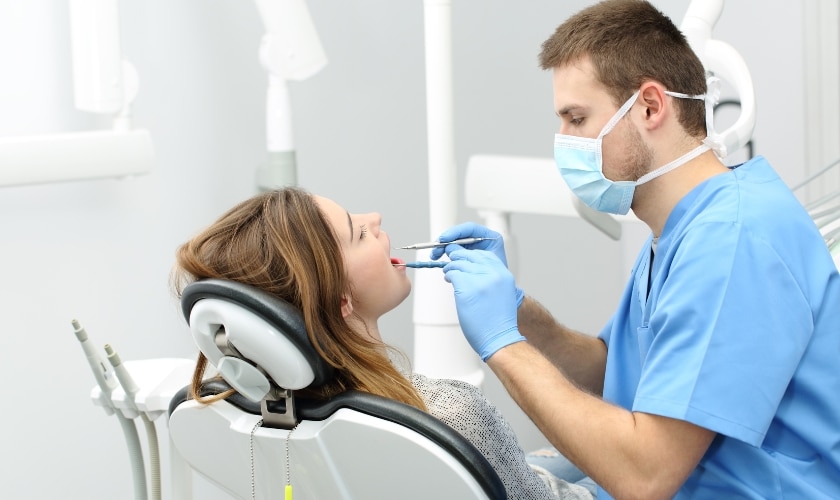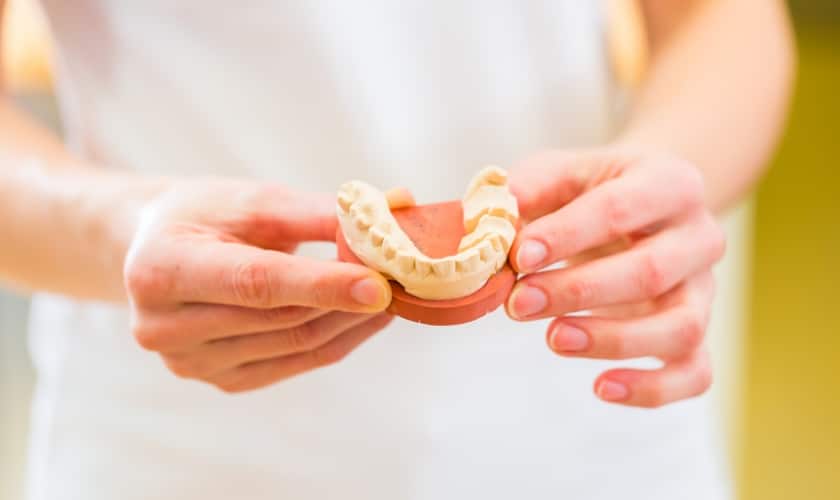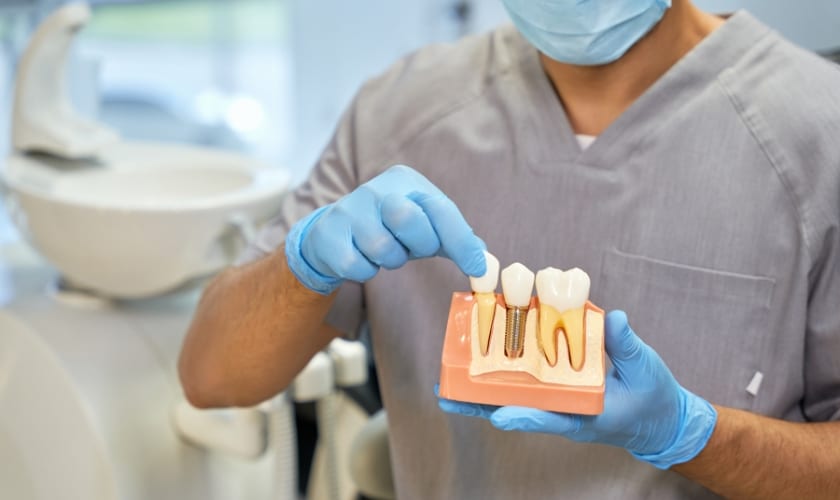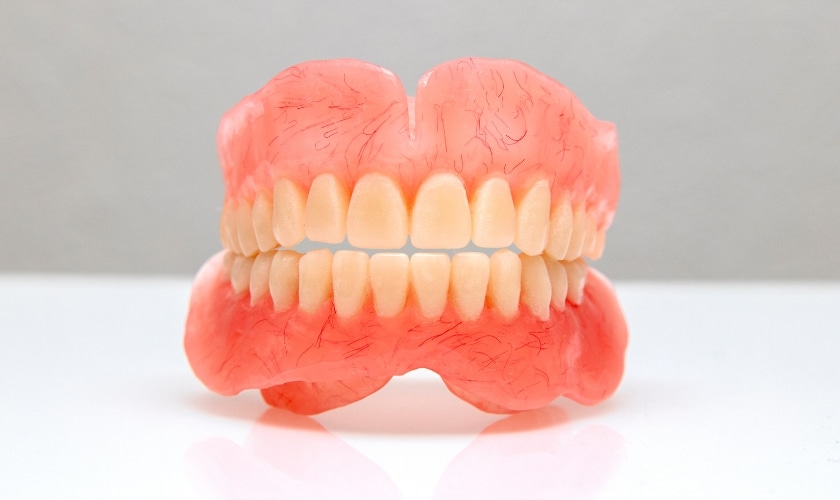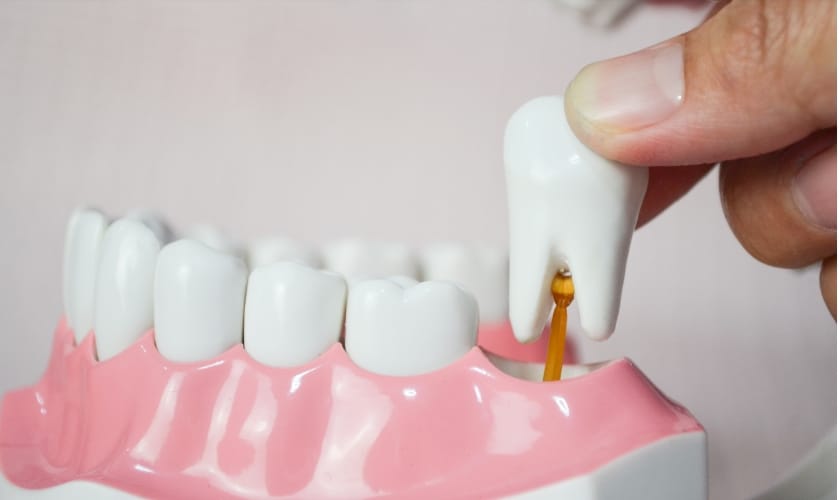Understanding the Root Canal Procedure
Root canal therapy, commonly misunderstood as a daunting procedure, is designed to save a tooth that is severely damaged or infected. During this treatment, the dentist removes the infected pulp from inside the tooth, cleans and shapes the root canals, and then fills them with a biocompatible material. This helps prevent further infection and preserves the natural tooth, making it an effective alternative to extraction.
The recovery process after a root canal varies from patient to patient, but most individuals experience minimal discomfort manageable with over-the-counter pain relief. It's essential to follow your dentist's post-procedure instructions, which may include avoiding hard foods or using a soft toothbrush for a period of time. Regular follow-up appointments can help ensure that the tooth is healing properly, allowing you to maintain your dental health into the future.
Preventing Tooth Decay and Cavities
Tooth decay and cavities are not only common dental issues but can also lead to significant discomfort if not addressed early. Essential steps in prevention include maintaining an effective oral hygiene routine, which involves brushing twice daily, flossing regularly, and using fluoride-based products. Additionally, regular dental check-ups can help identify early signs of decay, allowing for timely intervention and minimizing damage.
Your diet plays a crucial role in preventing cavities as well. Consuming a balanced diet that is low in sugar and high in vitamins and minerals can help strengthen your teeth and overall gum health. Incorporating regular water intake, particularly fluoridated water, can further assist in washing away food particles and bacteria that contribute to decay.
Essential Tips for Denture Care During Travel
Traveling with dentures requires some additional preparation for comfort and care, ensuring that your travel experience remains enjoyable. It is advisable to have a dedicated denture travel kit that includes a suitable cleaning solution, a soft toothbrush, and a storage case for your dentures. This ensures that you can maintain proper hygiene even while on the go, which is essential for oral health and comfort.
In addition to hygiene, being mindful of your diet during travels is important. Avoid foods that could dislodge dentures or lead to discomfort, such as sticky or hard foods. Staying hydrated and bringing along snacks that are denture-friendly can help you enjoy your trip without the worry of your dental appliance affecting your adventures.
Understanding Dental Implants: A Comprehensive Guide
Dental implants are an innovative solution for replacing missing teeth, providing an excellent alternative to bridges and dentures. They consist of titanium posts surgically placed into the jawbone, which act as artificial tooth roots, offering a stable foundation for replacement teeth. This procedure not only restores functionality and aesthetics but also promotes jawbone health by preventing bone loss, a common issue after tooth loss.
The process of getting dental implants involves multiple steps and can take several months, from initial consultation and placement to the final fitting of the crown. Patients can expect a thorough evaluation and personalized treatment plan that considers individual needs and conditions. Understanding the benefits and commitments associated with implants can guide patients in making informed decisions about their dental health.
Insight into Tooth Extractions: Reasons and Recovery
Tooth extractions may be necessary for various reasons, including severe decay, gum disease, or overcrowding. When a tooth is beyond repair or poses a risk to surrounding teeth, a dentist may recommend extraction as the best course of action. Understanding the reasons behind this recommendation can help alleviate concerns and prepare patients for the procedure.
The recovery process following a tooth extraction involves following specific aftercare instructions, such as managing pain with prescribed medications, maintaining proper oral hygiene, and avoiding certain foods. Most patients experience mild discomfort that resolves within a few days, but keeping follow-up appointments is crucial to monitor healing. Being informed about what to expect can significantly reduce anxiety associated with tooth extractions and lead to a smoother recovery.


